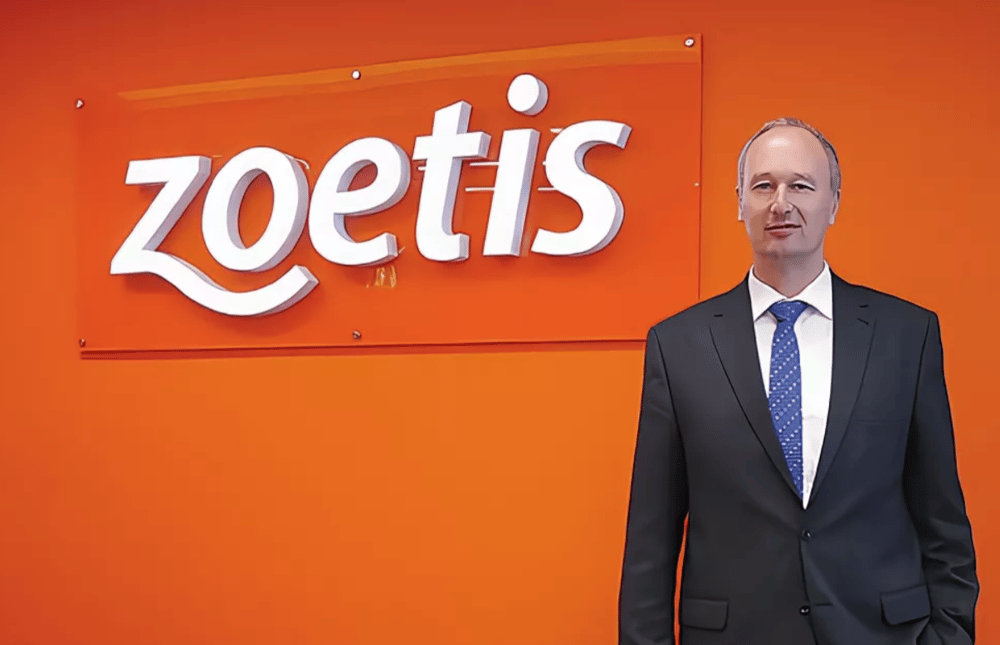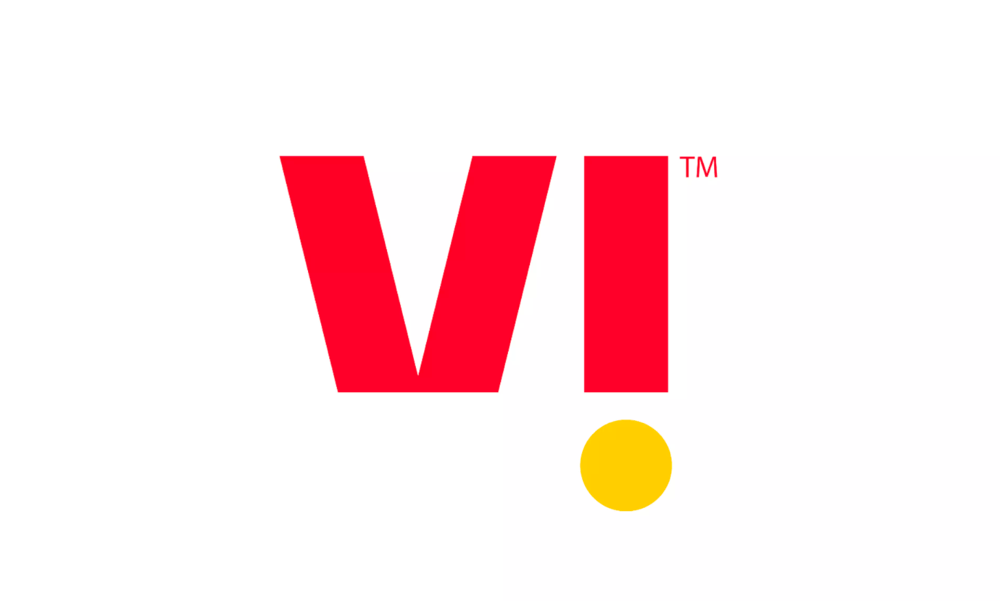Conditional Approval for Zoetis from the US Department of Agriculture
The US Department of Agriculture has granted a conditional approval for Zoetis $ZTS to use its avian influenza vaccine for domestic poultry. This decision, based on solid safety data and justified expectations regarding efficacy, comes at a time when almost 70 human cases of avian influenza have been reported in the United States since last April, with one fatality. The majority of these cases involved farm workers with direct contact with infected domestic poultry or cattle.
Recent statements from Wyoming’s public health authorities have identified the first instance of human H5N1 infection in the region, marking the third confirmed hospitalization linked to this avian influenza strain in the country. Meanwhile, the Centers for Disease Control and Prevention (CDC) maintains that the overall risk to the general public remains low.
Factors Behind the Approval Decision
The conditional approval was granted after a careful evaluation that took into account recent outbreaks and the strategic importance of preventing further transmission among both animals and humans. Given the emerging nature of the situation, the conditional license—designed for emergency circumstances or limited market access—will remain in effect for a predefined period.

Important Considerations
1. Safety profile of the vaccine
2. Justified expectations of its effectiveness
3. Limited duration of market authorization
Vaccine Development and Collaborative Efforts
The development of vaccines against avian influenza has been a collaborative effort involving several major players. Zoetis, known for producing vaccines, medicines, and diagnostic solutions for animals, has been at the forefront of these efforts. The conditional approval was obtained based on comprehensive safety data and promising results from preliminary studies.
Moreover, other companies and government researchers have significantly contributed to combating this infectious disease. Notable contributors include:
- Merck $MRK
- Ceva $CEVA
- Researchers from the US government’s Southeastern Avian Research Laboratory in Athens, Georgia
Additionally, Moderna $MRNA is in advanced stages of developing a human vaccine for avian influenza. The company recently announced preparations for late-stage clinical trials of its experimental vaccine mRNA-1018, supported by approximately 766 million dollars in government funding based on encouraging early and mid-stage trial data.

Main Advantages
- Enhanced safety measures for animal and public health
- Rapid regulatory response in emergency situations
- Progress in collaborative vaccine research across multiple sectors
This overview reflects the strategic response by regulatory authorities and industry leaders to mitigate the risks associated with avian influenza, emphasizing the balance between rapid intervention and continued vigilance.















Comments